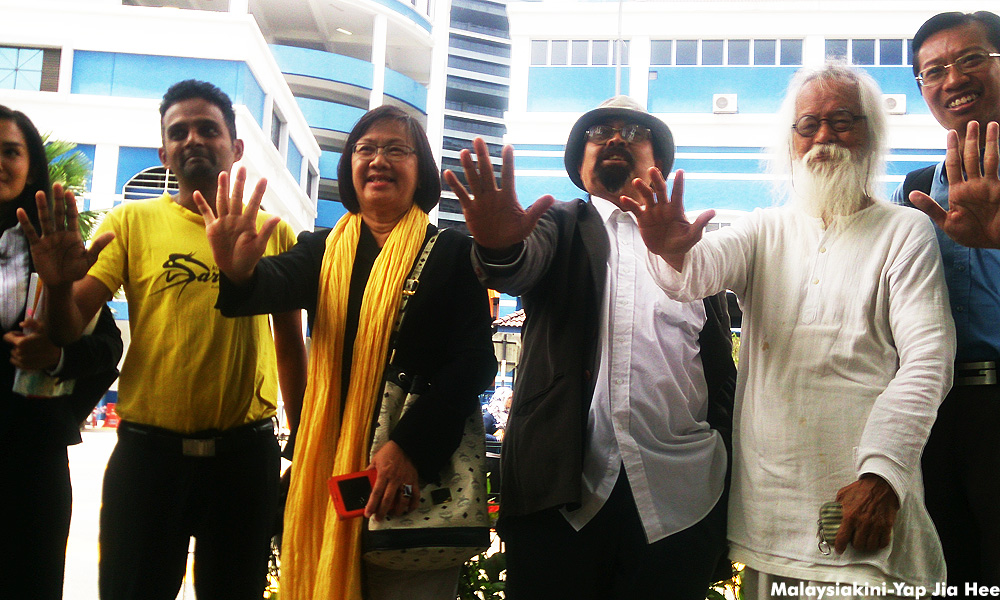Malaysia has been rated as 'a partially-free country' by a global rights group in its latest annual report.
The Freedom House in its 'Freedom in the World 2018' report gave Malaysia an aggregate score of 45 out of 100, one up from last year's 44.
Malaysia garnered a score of four out of seven for political rights and civil liberties, based on total scores for questions asked in each category.
The greatest degree of freedom is marked by a score of one, while seven carries the smallest degree of freedom.
The average of Malaysia's scores in both these categories determined its placing as a 'partly free' country, with a score of four out of seven.
According to the report's methodology, a 'free' country should have a rating of between one and 2.5, a 'partially-free' country scores between three and five, while a 'not free' country ranks between 5.5 and seven.
A country marked partially-free is deemed to either moderately protect almost all political rights or strongly protect some political rights while neglecting others, said the report.
Although complete data is not yet available on individual countries in this year's Freedom House report, last year's report mentioned Malaysia as being held by the same ruling coalition since independence in 1957.

The report said they did this via the manipulating of electoral districts, appealing to ethnic nationalism, suppressing criticism through restrictive speech laws as well as the politicised prosecutions of opposition leaders.
It cited the pre-emptive arrests of several Bersih leaders ahead of the group's rally in 2016, as an example.
Also mentioned where the closing down of the now-defunct online news portal The Malaysian Insider as well as the arrest of PKR's Rafizi Ramli for exposing the auditor-general's report on 1MDB.
"Malaysia holds regular elections but it falls short of international standards. The political playing field is tilted toward the ruling party through measures such as gerrymandering of electoral districts, unequal candidate access to the media and restrictions on campaigning, in addition to election day fraud.
"In non-campaign periods, opposition figures continue to face charges for sedition and other criminal offences for criticising the government or organising demonstrations, and the government influences the judiciary for political ends," the executive summary of last year's report stated.

